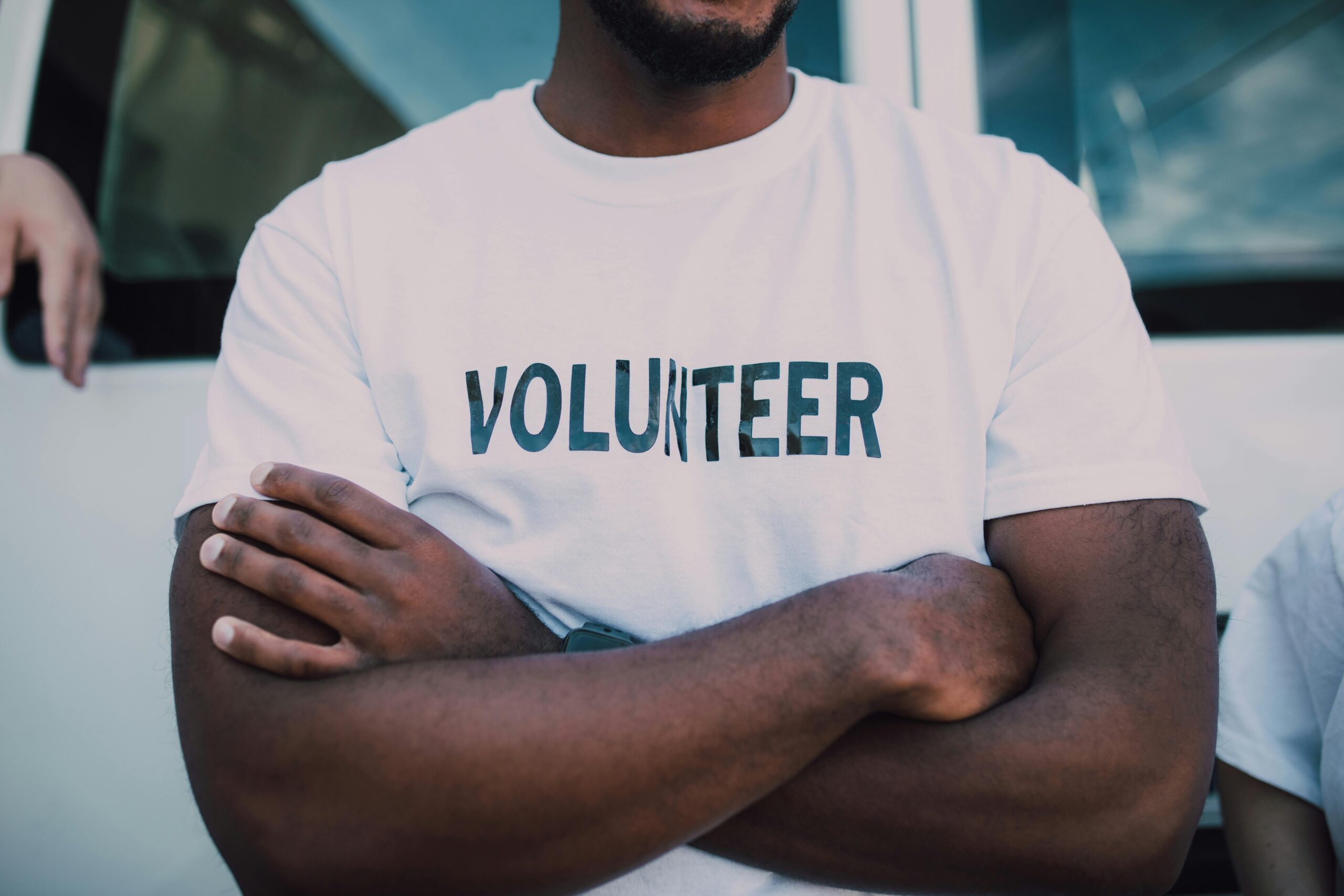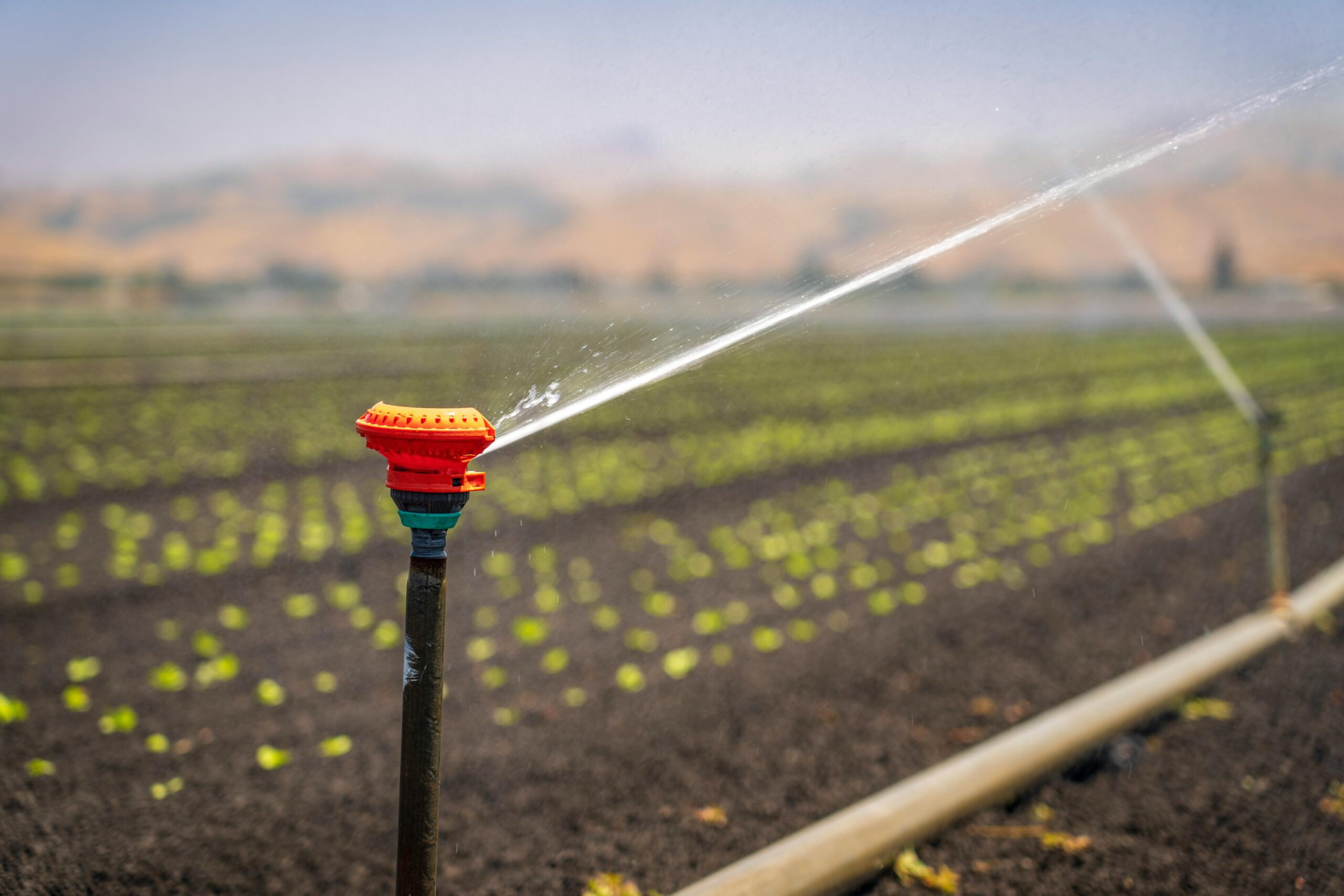How to Support a Water NGO: Volunteering and Donations

Waking up every day without clean water to drink, cook, or even wash is the tedious life millions of people around the world live. Water is life, but not everyone has easy access to it. That’s where water NGOs come in – they work to bring clean and safe water to communities that need it the most.
But these organizations can’t do it alone. They rely on people like you to support their efforts, whether by giving your time as a volunteer or donating money to fund water projects. No matter how small, every contribution makes a difference. This article will explore why water NGOs matter and how you can get involved through volunteering and donations.
Why Water NGOs Matter
Water is essential for survival, but in many parts of the world, people struggle to get enough clean water for daily use. Water NGOs work to change this by building wells, installing filtration systems, and educating communities on safe water practices.
Without clean water, children fall sick, families spend hours fetching water instead of working or going to school, and entire communities suffer. Water NGOs don’t just bring water; they bring hope, health, and opportunities for a better life.
A good example is Aqua Maya, which focuses on helping underserved communities in West Africa get safe and clean water. Organizations like this rely on volunteers and donations to keep their projects running and reach more people in need.
Volunteering: How You Can Get Involved
Volunteering is one of the most impactful ways to support a water NGO. It’s not just about digging wells or installing pipes – there are many ways to help, whether in the field or from the comfort of your home.
Some people travel to communities to help build water systems, teach sanitation practices, or distribute water filters. Others contribute remotely by managing social media pages, organizing fundraising events, or writing content for awareness campaigns.
No matter your skills or location, there’s a way to get involved. Volunteering goes beyond helping others; it’s also a chance to learn, grow, and be part of something bigger than yourself.
On-the-Ground Volunteering
For those who love hands-on work, volunteering on the ground is a great option. This involves traveling to areas where clean water is scarce and working directly with the community.
Volunteers may help dig wells, repair old water systems, or train locals on how to keep their water sources safe. It’s a challenging but rewarding experience – seeing the joy on people’s faces when they finally have access to clean water makes all the effort worth it.
However, on-the-ground volunteering requires preparation. Volunteers need to be ready for physical work, different living conditions, and cultural differences. But for those willing to take on the challenge, it’s an opportunity to make a real difference where it’s needed most.
Remote Volunteering: Making a Difference from Anywhere
Not everyone can travel to remote areas to help with water projects, but that doesn’t mean they can’t make a difference. Many water NGOs need support with tasks that can be done online or in local communities.
Remote volunteers can help with fundraising, social media management, research, writing grant proposals, or designing educational materials. If you have skills in graphic design, marketing, content writing, or even accounting, you can offer your time to help NGOs grow their impact.
Even spreading awareness about water issues on social media or organizing small fundraising events in your area can go a long way in supporting clean water initiatives.
Donating to Water NGOs: Why Every Contribution Counts
Not everyone has the time to volunteer, but donations are another powerful way to support water NGOs. Every dollar given helps bring clean water to more people. Donations help fund projects like drilling wells, setting up water purification systems, and building storage tanks.
Even small contributions add up. A few dollars can provide clean drinking water to a family for a month, while larger donations can help build infrastructure that serves entire communities. Many NGOs also offer options for recurring donations, where people can give a little every month to support long-term projects.
When choosing to donate, it’s important to research the NGO to ensure transparency. Organizations like Aqua Maya provide clear reports on how donations are used, ensuring that every dollar goes toward making clean water accessible.
Corporate Sponsorships and Partnerships
Businesses can also play a big role in supporting water NGOs. Many companies set aside funds for social responsibility projects, and partnering with a water NGO is a great way to make a real impact.
Companies can donate a percentage of their sales, sponsor water projects, or provide equipment and expertise to help improve water access. Some businesses even encourage employees to donate by matching their contributions, doubling the impact.
For NGOs, corporate sponsorships provide stable funding and allow them to scale their work. For businesses, it’s an opportunity to give back while also strengthening their brand’s commitment to social good. It’s a win-win for everyone involved.
Fundraising: Creative Ways to Support Water Projects
If you want to contribute but don’t have extra money to donate, fundraising is a great option. There are many creative ways to raise funds for water projects, and anyone can do it.
Some ideas include:
- Hosting a charity event – Organize a walk, run, or bike ride to raise funds.
- Selling handmade or second-hand items – Use the proceeds to donate to a water NGO.
- Online crowdfunding – Set up a donation page and share it with friends, family, and colleagues.
- Community projects – Schools, religious institutions, and local clubs can come together to raise money for a water initiative.
The key is to make it fun and engaging so more people want to get involved. While fundraising can be about money, it can also help spread awareness about water issues and inspires others to take action.
Advocacy: Speaking Up for Water Access
One of the simplest but most powerful ways to support a water NGO is by spreading the word. Many people don’t realize how serious the global water crisis is, and advocacy helps bring attention to the issue.
Advocacy can take many forms. It could be as simple as sharing information on social media about clean water challenges or writing to government officials asking for better water policies. Schools and community groups can also organize events or discussions to raise awareness.
By educating more people about the importance of clean water, you help build support for policies and projects that improve access to safe water. NGOs often provide resources like fact sheets, social media toolkits, and petition links to make advocacy easier.
Volunteering for Emergency Water Relief
Natural disasters like floods, droughts, and hurricanes can destroy water sources, leaving thousands or even millions without clean water. When these emergencies happen, water NGOs often step in to provide urgent relief.
Volunteers can help pack and distribute emergency water supplies, set up temporary filtration systems, or assist in rebuilding damaged water infrastructure. Those with medical, engineering, or logistics skills are especially needed, but even people without specialized skills can contribute by organizing donations, raising funds, or supporting relief efforts online.
Emergency water relief saves lives, and being part of such efforts can be incredibly fulfilling. If you’re interested, many NGOs have lists of volunteers they call upon when urgent help is needed.
Long-Term Commitment: Becoming a Sustained Supporter
Supporting a water NGO isn’t just about one-time efforts. Long-term commitment helps create real, lasting change. Sustained supporters contribute regularly, whether through recurring donations, ongoing volunteer work, or continuous advocacy.
Some ways to stay involved long-term include:
- Joining a membership program – Some NGOs offer memberships where supporters get regular updates and exclusive opportunities to help.
- Adopting a water project – Some organizations let donors or groups sponsor an entire water project and follow its progress.
- Mentoring new volunteers – Experienced volunteers can train and guide new supporters, helping the NGO expand its impact.
By staying committed, you help ensure that water projects don’t just start but continue benefiting communities for years to come.
Partnering with Water NGOs: How Businesses and Schools Can Help
Organizations don’t have to be water-focused to support clean water efforts. Businesses, schools, and other groups can play a big role by forming partnerships with water NGOs.
For businesses, this could mean donating a portion of their sales to water projects, sponsoring events, or even providing professional services like marketing, logistics, or engineering support. Some companies also encourage their employees to volunteer by offering paid time off for charitable work.
Schools and universities can also get involved by including water education in their curriculum, organizing fundraising drives, or partnering with NGOs for research and innovation in water technology. Student-led initiatives, such as clean water clubs, can raise awareness and funds to support water access projects.
When these partnerships are formed, businesses and schools help expand the reach of water NGOs while also showing their commitment to social responsibility.
Supporting Women and Children Through Water Initiatives
Lack of clean water affects entire communities, but women and children often bear the heaviest burden. In many places, women and girls spend hours every day walking to collect water instead of going to school or earning a living.
Water NGOs often run projects that directly support women and children by building wells closer to homes, providing menstrual hygiene products, and creating education programs that teach safe water practices.
Supporting these efforts can make a huge difference. Donating to projects that focus on women’s empowerment, volunteering for education initiatives, or even just spreading awareness about the issue helps give women and children better opportunities.
When clean water is easily accessible, women can work, children can attend school, and families can live healthier lives.
Conclusion
Supporting a water NGO goes beyond just donating money – it’s about making a real impact on people’s lives. Whether by volunteering your time, raising awareness, forming partnerships, or advocating for better policies, every effort counts in ensuring access to clean and safe water.
Just like what we do at Aqua Maya, water NGOs work tirelessly to provide sustainable water solutions to underserved communities. Their efforts improve health, education, and economic opportunities for those in need. But they can’t do it alone. Individuals, businesses, and schools all have a role to play in strengthening these initiatives.
By choosing to support a water NGO in any way you can, you become part of a global effort to ensure that clean water is available to everyone. Water is life, and together, we can help make it accessible to all.
Sources
1. https://www.unops.org/news-and-stories/stories/water-is-life
2. https://www.unv.org/power-volunteerism
4. https://water.org/our-impact/water-crisis/






